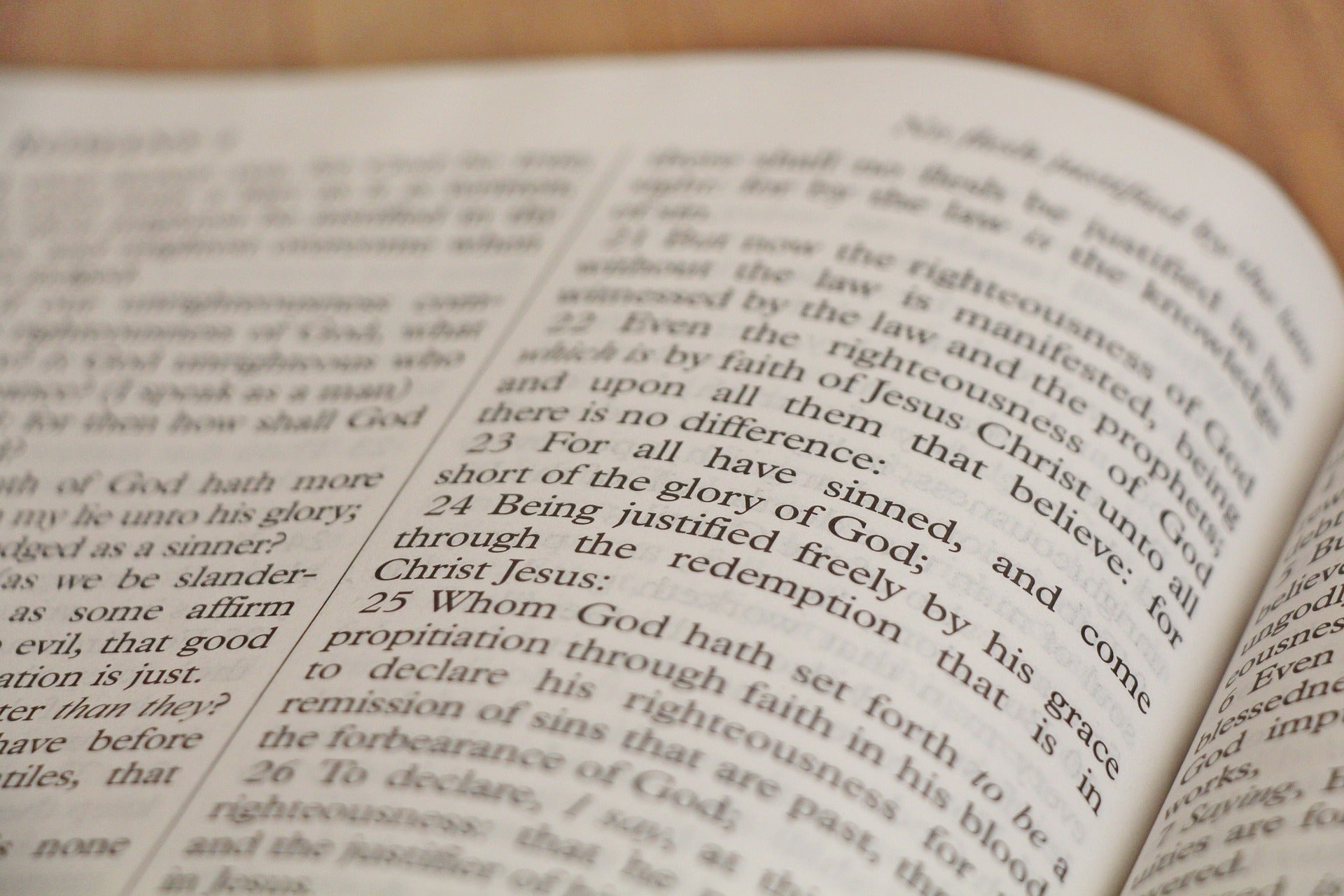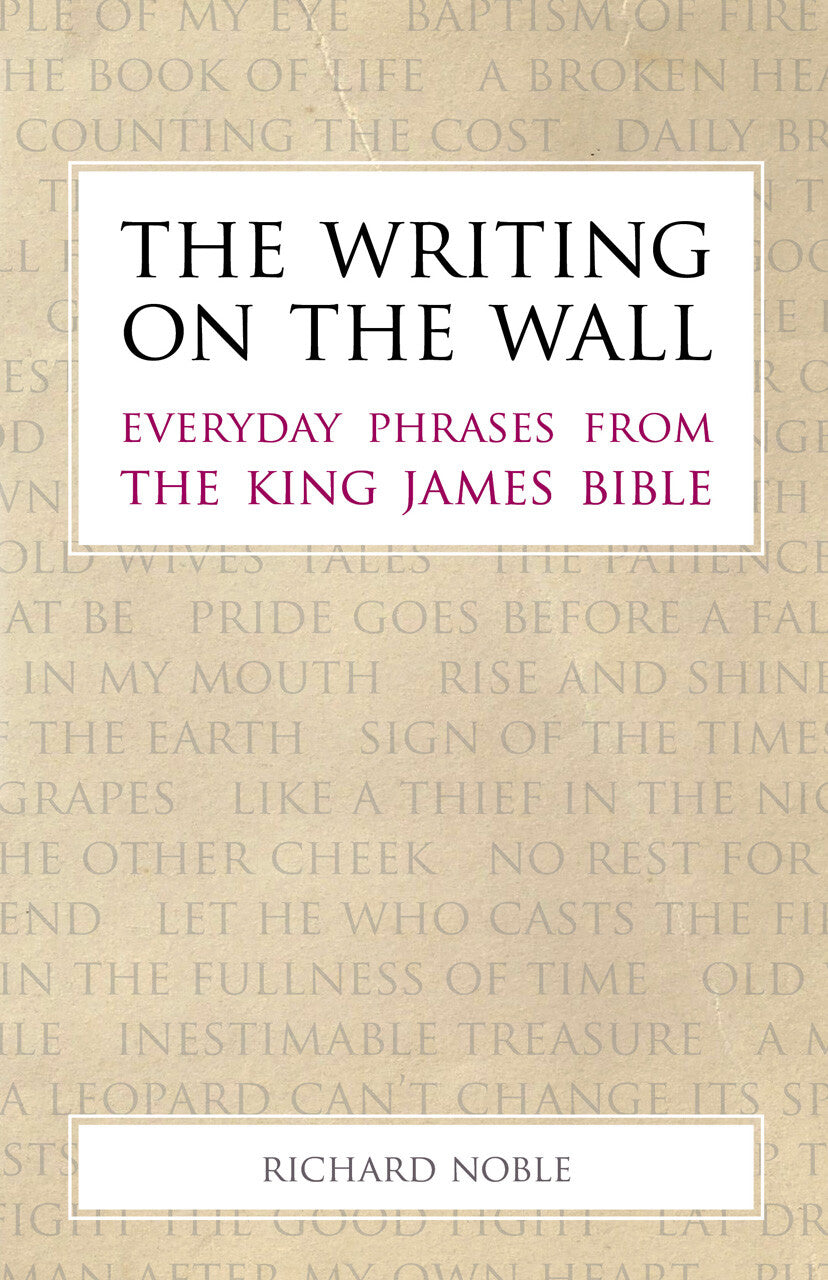
It is fascinating to notice how the majority of the New Testament phrases in the book speak of the very real shortcomings of humanity. One might well ask “How can this be helpful or even useful in the special season of Advent?”. Typical examples include “Blind leading the blind”, meaning: Uninformed and incompetent people leading others who are similarly incapable; “Cast the first stone”: Be quick to blame, criticise, or punish, without considering one’s own shortcomings; “Vain deceit”: Empty and misleading argument, or “Filthy lucre”: Money from ill-gotten gains. But the introductions to the books themselves are in sharp contrast to any negative nature of the phrases they contain and can be very helpful by underlining the way Jesus, by entering our fallible world, brings everything needed for his Kingdom to come.
The transforming nature of the books containing the foregoing examples is introduced in such passages as: “A particular feature of Luke’s message is the role of God’s Holy Spirit in the Gospel story” and “Unique to Luke’s Gospel is a verse after the Lord’s Prayer asserting that the gift of God’s Holy Spirit is available to inspire the lives of all who sincerely seek it”; in the introduction to John’s Gospel: “This final aspect [love] included Jesus’ ‘New Commandment’ for his followers to ‘love one another’, through which the world would then know that, by their mutual love, they were his own and believe in him”; about Paul, writing to the Colossians: “His letter begins with greetings and encouragement, first in the supremacy of Christ and then in the mystery of God’s salvation revealed in the resurrection”, or to Titus: “he had left Titus on Crete to finish his work.”
The phrase for the tenth day of December comes from Ephesians: “Fulness of time”: The right or appropriate time for an event to occur. Paul “asserts that followers of Christ were part of God’s eternal plan, ‘That in the dispensation of the fulness of times he might gather together in one all things in Christ, both which are in heaven, and which are on earth’.” Is this not the very essence of Advent? The phrase for day 20 is “The patience of Job”: The strength to endure trials, disasters and discouragement without losing faith. “The core of James’ message, referring to the patience of Job, seems to be that good actions and the strength to endure suffering are the natural product of an underlying faith.” In this year of lockdown, disruption and uncertainty that has tested people around the globe, this could not be more relevant.
The chapters of this book are only a page or two long and, by taking one of them together with its phrase for each day of December, it can provide a starting point for reflection in Advent about our world into which the Saviour entered two thousand years ago and still enters today. The closing sentence of the final introductory passage for day 25 could have been written especially for this season: “At the end of his Revelation John writes ‘Surely I come quickly. Amen. Even so, come, Lord Jesus’.”
Richard Noble is the author of The Writing on the Wall: Everyday Phrases from the King James Bible, a guidebook to this linguistic treasure-trove. Get your copy here.
Image: Joshua Lindsey from Pixabay











